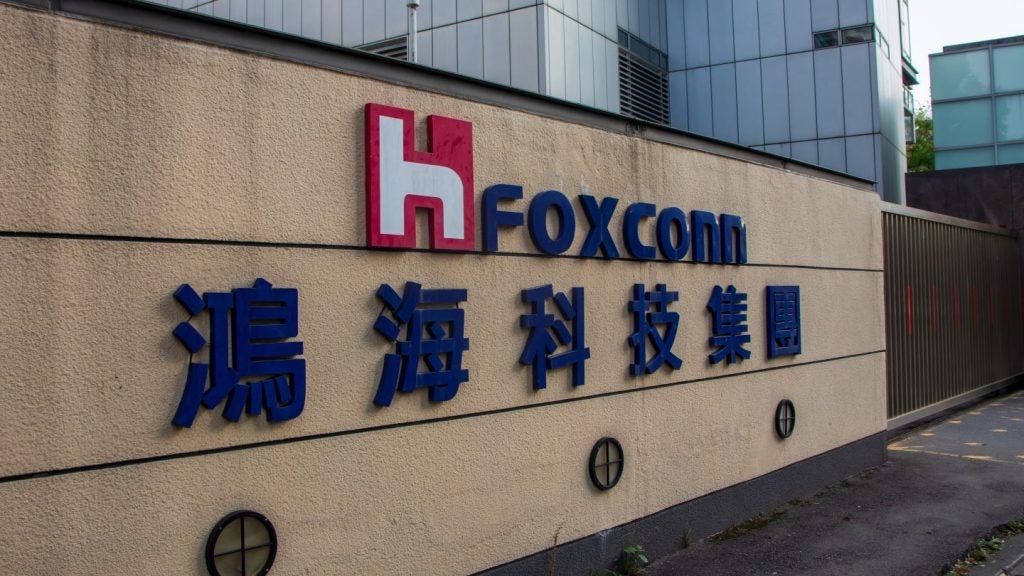
If the UK leaves the European Single Market, it could cost the country’s economy £36bn a year.
According to a report by Open Britain, if the UK pulls out of the European Union (EU)’s Single Market, as the prime minister Theresa May has said, it will have a particularly negative effect on financial services, IT, telecoms and transport.
As well, unless these losses are offset through new trade relationships, it is thought there could be a decline of up to 14 percent in the UK’s total service exports, which could lead to an annual reduction of £30.5bn in UK exports.
Former UK deputy prime minister Nick Clegg, a supporter of the Open Britain campaign, said:
This report exposes what is at risk if Theresa May fails to deliver on her promise to deliver a trade deal with the exact same benefits as membership of the Single Market.
Truly free trade is not just tariff-free; it reduces rules and red tape, something that is particularly important for services, which make up 80% of our economy. Only being within the Single Market and the Customs Union gives Britain full, unfettered trade access to all sectors in our biggest export market.
How well do you really know your competitors?
Access the most comprehensive Company Profiles on the market, powered by GlobalData. Save hours of research. Gain competitive edge.
 Company Profile – free sample
Company Profile – free sampleThank you!
Your download email will arrive shortly
Not ready to buy yet? Download a free sample
We are confident about the unique quality of our Company Profiles. However, we want you to make the most beneficial decision for your business, so we offer a free sample that you can download by submitting the below form
By GlobalData
What is the Single Market and why does the UK have to leave it?
What is the Single Market?
The single market is one of the core aspects of the EU.
It allows the free flow of goods between countries in the bloc, removing trade barriers, as well as allowing for the flow of people, services, and capital.
It was established to help countries trade with one another and unify national rules at EU level.
Why does the UK have to leave it?
During the Brexit campaign which resulted in the UK voting to leave the EU in a referendum vote last June, one of the major issues was freedom of movement amongst people in the union.
The Leave campaign pledged to end freedom of movement if it won, which would allow the UK to “take back control” of its borders.
However, countries that have access to the Single Market, have to partake in freedom of movement. European council president, Donald Tusk, has said that the UK cannot have one without the other.
May has said that a so-called hard Brexit would mean the UK will have to leave the free trade zone and strike up different trade deals with countries throughout the union.
What industries will be impacted once the UK leaves the Single Market?
The financial services, in particular, will be affected if the UK pulls out of the EU’s market. According to the Open Britain report:
The service sector where the single market has the biggest impact in absolute terms is financial services. About a third of the losses from single market withdrawal result from lost business in financial services.
The beer industry is also concerned over what could happen. The EU accounts for 63 percent of the UK’s total beer exports. If UK exporters have to pay tariffs to distribute beer throughout the union, ultimately the industry will suffer.
Surprisingly, German firms have warned that they could lose out if the UK is forced to leave the single market.
Mario Ohoven, the president of the BVMW, an association which represents more than 270,000 SMEs in Germany, told the BBC “a hard Brexit would harm both sides”.
What are the alternatives?
Countries such as Norway and Iceland are part of the European Free Trade Association (EFTA). The president of the body’s court, Carl Baudenbacher, has said this could allow Britain to retain access to the single market and its national sovereignty.
Baudenbacher said:
[It] is a clear route to access the single market, but you keep sovereignty with regard to common policies and in particular to foreign trade policies because we are not a customs union. Our structure exists, the structure is well tested.
According to a report published this week by the University of Cambridge and the think tank A UK in a Changing EU, a majority of the UK public want the government to strike a deal resembling the “Norway model”.
Catherine Barnard, professor of EU law at the University of Cambridge, who co-authored the report, said:
The EEA option was consistently seen by Leave and Remain voters alike to be an acceptable compromise that allows limits to freedom of movement and reduces the UK’s financial contribution to the EU. People wanted full access to trade in goods and services with the EU.







